Do you know a fire fighter who has died by suicide or a department that has lost a fire fighter to suicide?
While the rate of fire fighter suicide is unknown, in a 2018 non-scientific survey of 7,000 IAFF members, 19 percent of respondents reported having had suicidal thoughts linked to occupational and emotional stress.
While more research is needed to understand fire fighter suicide and suicidal behavior, the survey sheds light on a sobering reality many already know.

Fire Fighter Suicide Is a Real Problem
While we don’t know if fire fighter suicide is increasing or if increased awareness of behavioral health issues among fire fighters has led to more vigilant suicide reporting, we know that one suicide is too many.
Until recently, no reliable national reporting system to track fire fighter suicide has existed, so establishing a rate of suicide hasn’t been possible. As part of efforts to understand fire fighter suicide and the scope of the problem, the IAFF has developed the IAFF Suicide Reporting System.*
Why Do People Commit Suicide?
Suicide occurs primarily because of overwhelming mental and emotional pain, which becomes unbearable because it’s viewed as unending — something that can’t be fixed and that only can death end.
Choosing suicide is not the same as making other choices. A multitude of personal and environmental factors — from severe depression to social isolation and not knowing how to ask for help — play a role in suicide. Each person’s situation is unique.
Risk Factors for Suicide
Research has consistently shown that certain people and populations are at a higher risk of suicide. Risk factors do not cause suicide but are characteristics that increase the statistical likelihood that someone will die by suicide. These include:
- A mental health or substance use disorder
- A history of trauma
- A previous suicide attempt
- A family history of suicide
- Loss of job, finances or major relationships
- Lack of health care access
- Easy access to lethal means
- Feeling hopeless or isolated
Warning Signs Someone Is Imminently Suicidal
While risk factors place an individual at increased statistical risk of suicide, warning signs are identifiable behavioral, emotional or interpersonal cues that someone could be at immediate risk of attempting suicide.
Warning signs are cries for help that should not be ignored. If you or someone you know is exhibiting even one of these signs, seek help immediately.
- Talking about or feeling hopeless, trapped or having no reason to live
- Talking or thinking about wanting to die
- Talking about or feeling unbearable pain
- Researching or planning ways to commit suicide
- Talking about or feeling like a burden to others
- Talking about or feeling a lack of belonging
- Calling people to say goodbye
- Giving away prized possessions
- Abandoning social, occupational and daily activities
- Severe and sudden changes in sleep, substance use, and mood
You Can Help Prevent Suicide
If someone you know is showing any of these signs, immediate intervention is needed. When someone is showing suicide warning signs, simply ask the question clearly and directly, “Are you thinking of killing yourself?” If the person says yes, sometimes or they’re not sure, it’s time to seek help.
- Visit a licensed mental health professional or the emergency room
- Call the Suicide Prevention Lifeline at 1-800-273-TALK (8255)
- Call the Firefighter & Family Crisis and Support Line 1-844-525-FIRE (3473)
If you have lost someone to suicide and are struggling to make sense of the loss, see the IAFF Fire Fighter Suicide Guide: How to Cope with Grief and Loss.
If you are not currently suicidal, but considering treatment for yourself or a friend, call the IAFF Center of Excellence for a free and confidential screening. The Center is a residential behavioral health treatment facility exclusively for IAFF members. The Center offers detox, inpatient, partial hospitalization, intensive outpatient and outpatient levels of care for behavioral health problems, including post-traumatic stress disorder (PTSD), substance abuse and depression.

Lauren Kosc, M.A., LCPC is a behavioral health specialist, clinician and blog writer for the International Association of Fire Fighters (IAFF).
If you are an IAFF member in recovery and want to share your story, contact lkosc@iaff.org.
*If you are an IAFF union officer and know of a current or former member who has died by suicide — or was suspected to have died by suicide — consider reporting it to the IAFF.
Sources:
Ushery, David; Stulberger, Evan; Wagner, Liz; Bott, Michael; Manney, Dave. “I-Team: National Data Shows Firefighter’s Mental, Emotional Health Not Getting Enough Attention.” 4 New York, February 24, 2018. Accessed October 9, 2019.
Suicide Prevention Hotline. “We Can All Prevent Suicide.” Accessed October 9, 2019.
International Association of Fire Fighters. “FIRE FIGHTER SUICIDE How to Cope With Grief and Loss.” Accessed October 9, 2019.
International Association of Fire Fighters. “Suicide and Suicide Prevention in the Fire Service.” August 22, 2019. Accessed October 9, 2019.
Medical Disclaimer: The IAFF Center of Excellence aims to improve the quality of life for people struggling with a substance use or mental health disorder with fact-based content about the nature of behavioral health conditions, treatment options and their related outcomes. We publish material that is researched, cited, edited and reviewed by licensed medical professionals. The information we provide is not intended to be a substitute for professional medical advice, diagnosis or treatment. It should not be used in place of the advice of your physician or other qualified healthcare provider.




